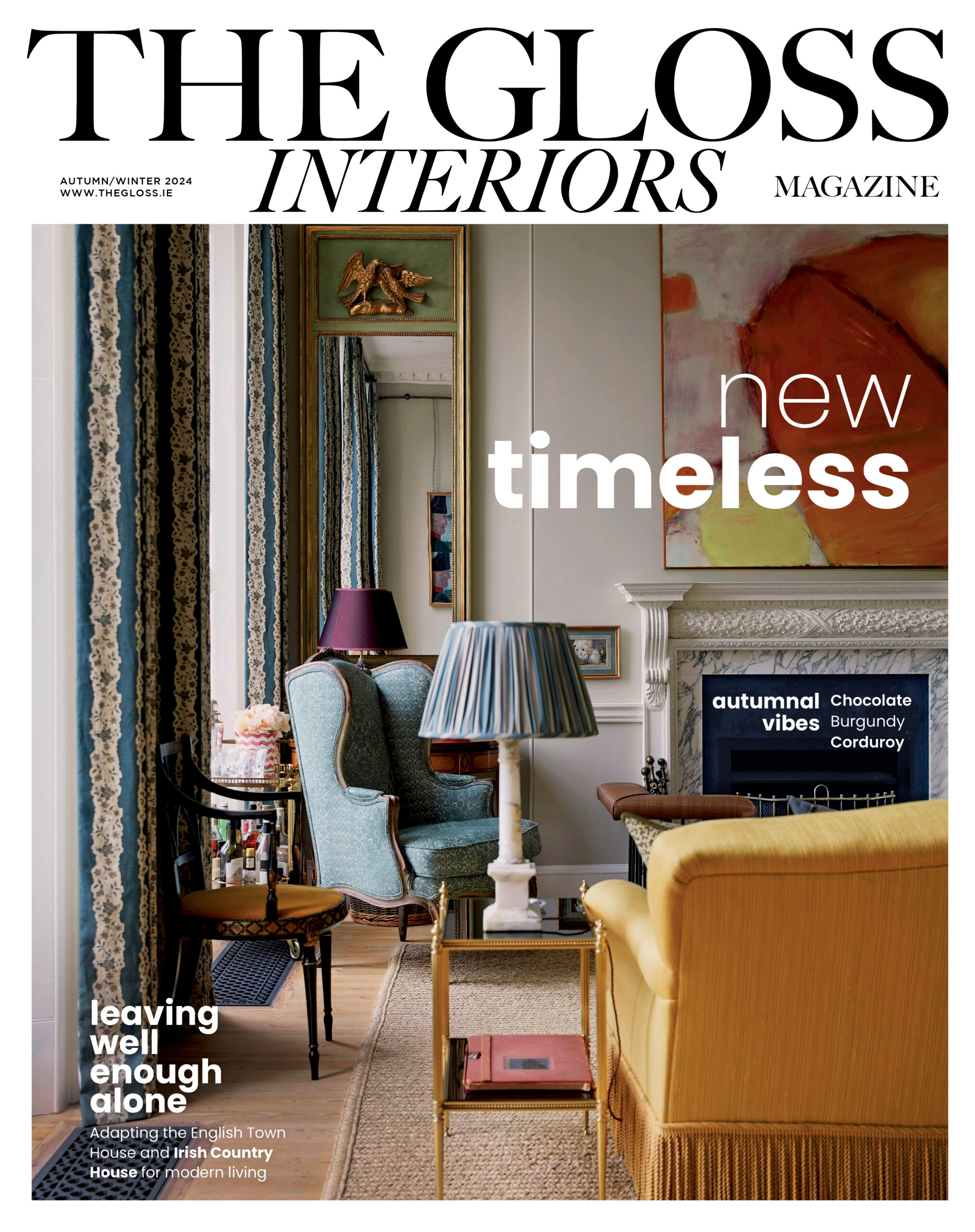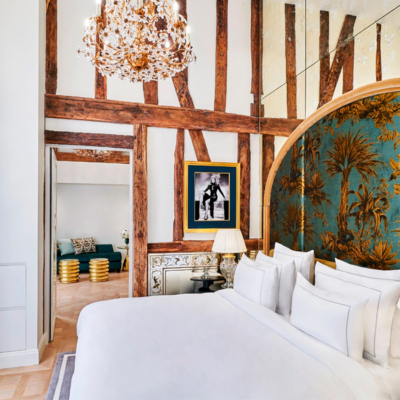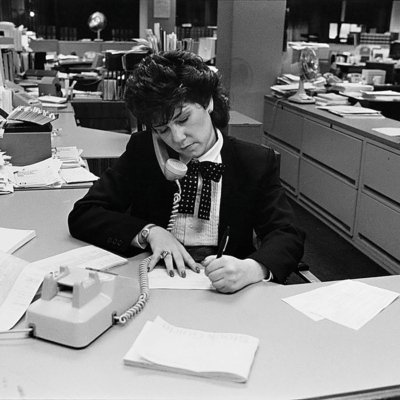GLOSS contributor Noreen Taylor interviewed John Hume in Co Derry in 2008, one of the many famous people featured in her new book Celebrating The Irish …
John Hume has been garlanded with peace prizes. A co-recipient of the Nobel peace award, he has also been honoured with the Martin Luther King peace award, the International Gandhi Peace Prize and the Freedom of Speech Medal. Throughout four decades, friends and political opponents alike have described his role in the Irish peacemaking process as crucial and hugely instrumental. As a result of his work in helping bring together the opposing forces of the North his name is spoken with respect in political circles around the world. His extraordinary life is one shaped by the revolutionary waves of dissent that rocked Ireland, France and America in the 1960s.
Like those of his ancestors, John Hume’s childhood in Derry had been spent under a Unionist government whose suppression of democracy had nurtured a growing mountain of grievances amongst the Catholic population of the six counties. Poverty, lack of equality, inadequate housing and education were the issues facing his Sixties generation, the first to have received a university education.
An academically bright child, he graduated from St Colomb’s College, with an MA in French and history, and entered Maynooth seminary, where he planned to study for the priesthood. Having changed his mind he became a teacher in his home city where he became one of the founding members of the civil rights movement. Based on principles of peaceful resistance and co-existence, the movement proved physically impotent against the might of the armed RUC.
Now 71, and retired from his leadership of the SDLP since 2004, he recalls those campaigning days, giving weight to each sentence in case such descriptions seem fanciful or exaggerated. “All my childhood in Derry I’d been aware of a huge discrepancy between Catholics who formed 70 per cent of the majority of the population and the Unionists who governed the city. I was the eldest of seven and my father, a copperplate clerk, was unemployed, largely through religious prejudice, which existed within jobs as well as the city’s housing and employment departments.”

“I suppose my generation, the first to be educated past the 11-plus were also the first to have the confidence to stand up and initially say, something should be done. We had no choice. All we were seeking was common sense through a fair, democratic society where people weren’t condemned to live in squalor because of their religion. A shared future between Catholic and Protestant, the Wolfe Tone principle, which was, to my mind, the only future worth pursuing. It seems incredible now that such an Ireland was allowed to exist for so long with everyone turning their back, and refusing to confront a state of affairs that should never have been allowed to exist.”
John Hume’s life has been dedicated to ending that state of affairs. He became an Independent Nationalist member of the Northern Ireland Parliament in1969, and went on to become a founding member of the Socialist and Democratic Party (SDLP), succeeding Gerry Fitt as leader in 1979. His direct involvement in the clandestine talks between Sinn Fein and the British government in 1985, at the height of the war, led directly to the Anglo–Irish agreement.
The solid scaffolding of his marriage to Patricia, a teacher he had known since college days, made much of these demands possible. Constant travel to the US, as well as memberships of both Westminster and European parliaments, meant Patricia remained largely responsible for bringing up their five children.
“Marriage to John,” she says “was like being married to a travelling salesman, since he was only able to come home at weekends.” These days he looks around his native city in pride and wonder. “Derry has been transformed,” he says. “Aside from the obvious prosperity there is an atmosphere of freedom, of ease. People can pursue ambitions, can make decisions on how to lead their own lives, unburdened by their history.”

From: Celebrating The Irish: Famous Irish men and women interviewed and painted by Noreen Taylor is out now on blurb.com, $32.
LOVETHEGLOSS.IE?
Sign up to our MAILING LIST now for a roundup of the latest fashion, beauty, interiors and entertaining news from THE GLOSS MAGAZINE’s daily dispatches.










